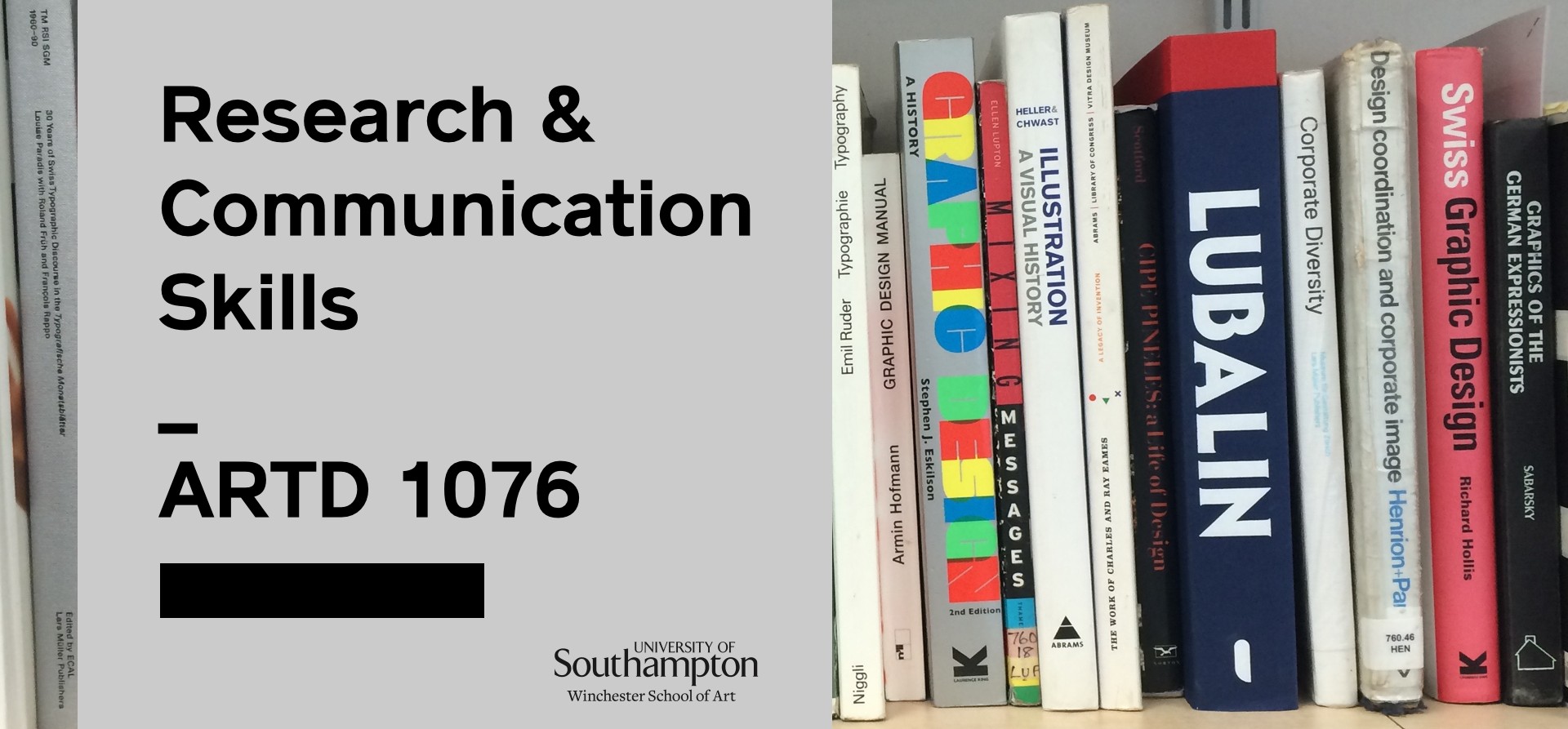The definition of authenticity is to not be false or copied. In modern times, it is very difficult for any publication to be truly authentic. With the media so overly saturated with authors, publications and conflicting reports, it has become increasingly difficult to maintain authenticity. With the creation of the web; the worlds largest sharer of information, it seems to me that every modern writer will unknowingly, subconsciously plagiarise the work of others. However, with such a massive platform for people to share information, this does create a very accessible way to check for authenticity and fact.
Authenticity relies on information being correct. This, in my opinion, is the evidence to how truly authentic pieces of work can be created. The world wide wed had created such a huge platform for researchers to share information and theories with one another. In turn this allows for viewers and piers to review publications and check for truth. For example, if a historian was to write an article about an historical event and made an error of the date of that event, the internet would allow viewers and other historians to cross check the information and find the error, thus proving the publication was not truly authentic. The historian would then be able to amend the publication. This process of pier review allows for improvements in authenticity.
However, with such a mass of information, the danger for authenticity in the modern world is centred around plagiarism. It has become increasingly easy for information to be deliberately copied and used in other pieces of work. also, with such an overwhelming amount of information available, it is common for a researcher to subconsciously use found ideas or information in their own work without crediting the original source.
This is why I believe that true authenticity is very difficult to achieve in a modern world.
